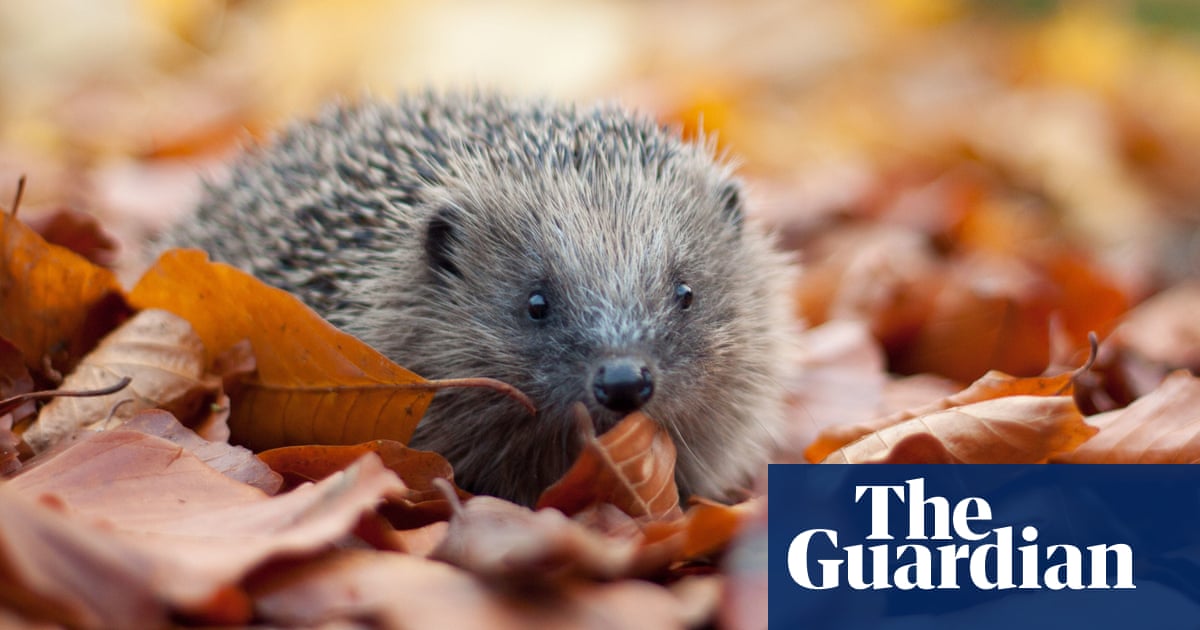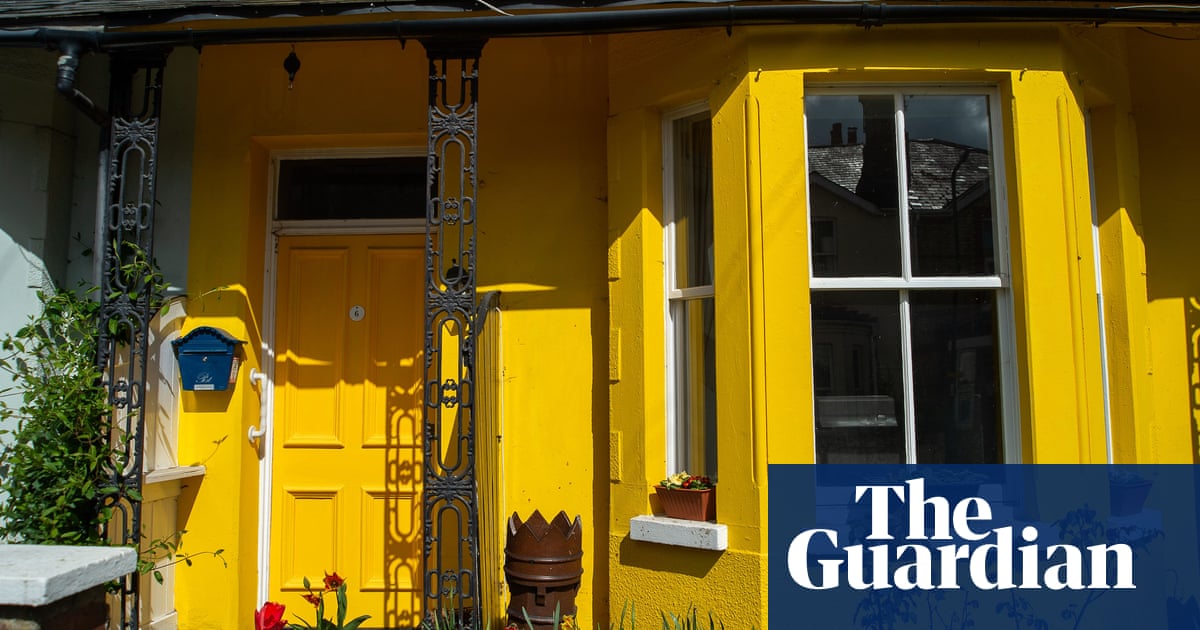
Hedgehogs have had some unexpected good news after years of decline in British gardens caused by habitat loss and fragmentation: their numbers may finally be on the way up again.
Readers of BBC Gardeners’ World magazine were asked to chronicle the wildlife in their gardens, and reported that hedgehog sightings were up two percentage points. The magazine’s previous annual survey had them to be declining.
Previous reports found that numbers of the mammals had fallen by 30%–75% across different areas of the countryside since 2000. This is thought to be because of habitat loss and fragmentation – hedgehogs like to travel around and walls and fences stop them doing so – and it has also been suggested that pesticides are killing the insects they eat. Poisonous pellets ingested by slugs and snails that are then eaten by hedgehogs can also kill them.
The annual survey asked respondents whether they had seen a hedgehog in their garden in 2023. Last year, 33% of respondents reported seeing a hedgehog in their garden, up from 31% in 2022. When those who observed hedgehogs in their gardens this year were asked about hedgehog sightings’ change compared with the previous year, 21% either saw them for the first time in 2023, or saw them more often compared with 2022.
There have recently been campaigns in urban areas to leave patches of gardens “messy” with logs, long grass and plants so hedgehogs can nest and hunt for insects. People have also created “hedgehog highways” of holes in fences so the creatures can wander around.
Seventy-seven per cent of Gardeners’ World respondents said they had been implementing steps to improve their garden for wildlife in 2023 including avoiding the use of slug pellets, checking for hedgehogs and other wildlife before strimming, and maintaining natural and less tidy gardens.
In urban areas, 18% of respondents saw hedgehogs in the past year, up 2.7 percentage points from 2022; while in rural areas, 43% of respondents observed hedgehogs in the past year, up 1 percentage point from 2022.
Fay Vass, the CEO of the British Hedgehog Preservation Society, said: “Valuable as the Gardeners’ World survey is, we need to remember that these figures are only a snapshot. Populations change year to year, and these findings might not necessarily represent the underlying trend.
But she said that data from the State of Britain’s hedgehogs 2022 report, which BHPS published with the People’s Trust for Endangered Species, suggested that urban populations were just about stable and may even be beginning to recover in some areas.
Vass said: “Our ‘State of’ report is the most comprehensive overview of the UK’s hedgehog population and although the results give us cause for cautious optimism, urban populations are still much lower than they should be. Therefore it’s essential that we continue to gather more data to understand how these populations, and rural hedgehogs, are changing year on year and that community action – like making gardens havens for hedgehogs – continues. To help, become a Hedgehog Champion and make your garden as hedgehog-friendly as possible.”
Kevin Smith, the editor of BBC Gardeners’ World magazine, said: “It’s wonderful to witness an increase in sightings. Our ongoing efforts to educate people about wildlife-friendly gardening, such as creating openings in fences and providing secluded spaces for nesting and hibernation, are helping turn our gardens into the havens that hedgehogs have long enjoyed.”












